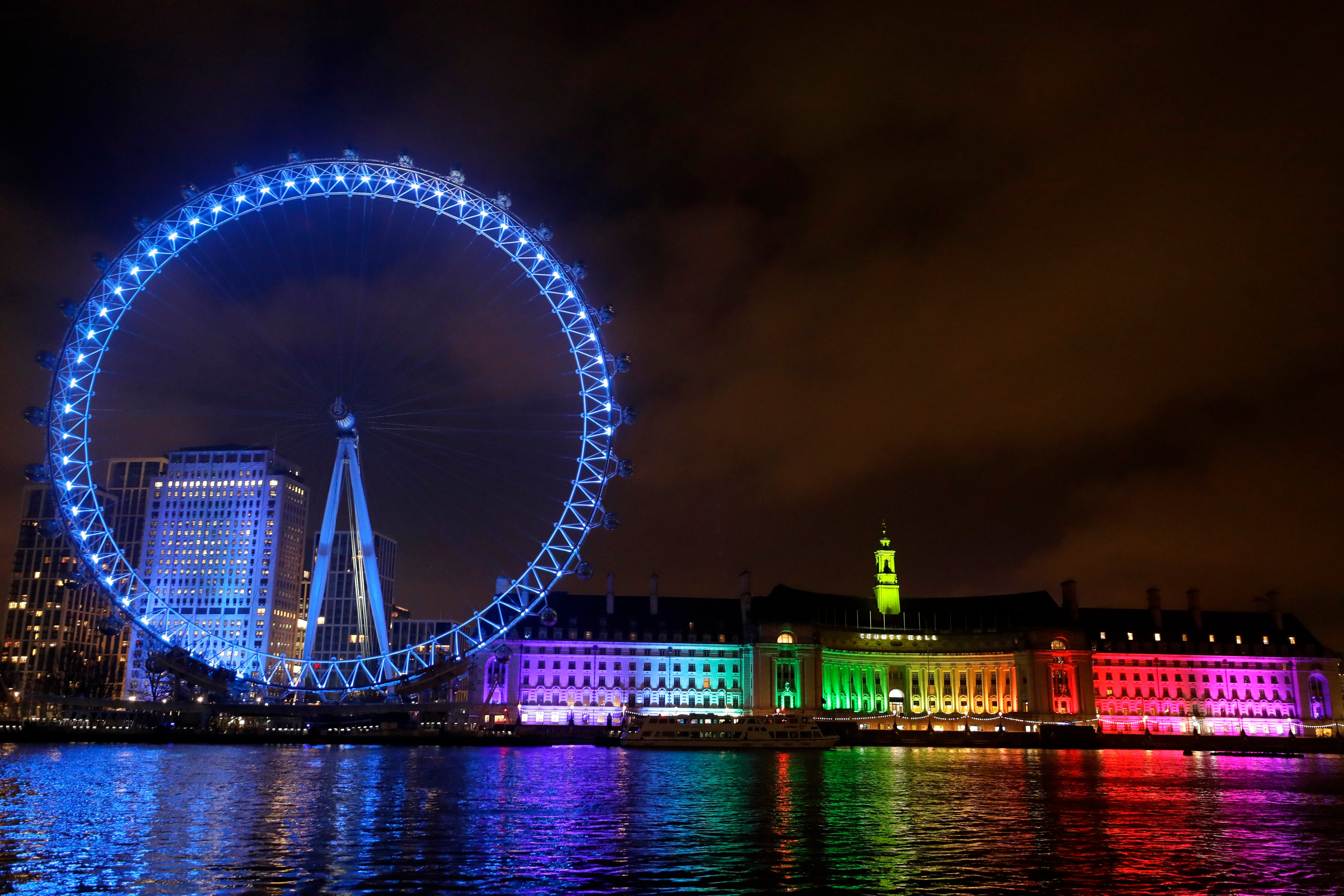London's field hospital to be used amid acute COVID pressure
Britain’s National Health Service will from next week use the field hospital specially built at a huge exhibition center in east London in the early days of the coronavirus pandemic last spring

Britain's National Health Service will from next week use the field hospital specially built at a huge exhibition center in east London in the early days of the coronavirus pandemic last spring.
NHS England Chief Executive Simon Stevens said Thursday that the pressures facing hospitals in London and the southeast of England are so acute that the Nightingale hospital at the ExCel London will be opened next week to inpatients. A few hundred beds for non-COVID patients are expected to be available at first.
“The entirety of the health service in London is mobilizing to do everything it possibly can but the infections, the rate of growth in admissions, that is what collectively the country has got to get under control," he said.
The hospital, which will also be a vaccination hub, was one of several built in the spring to help during the pandemic. They were named after Florence Nightingale, widely considered to be the founder of modern nursing. In the event, they were barely used and were mothballed for use potentially during further waves of the pandemic.
Stevens said the health service is in the midst of an “incredibly serious situation” with more than 50% more coronavirus inpatients in hospitals across England than April's peak. All this is happening when the NHS is at its busiest because of winter-related ailments.
Prime Minister Boris Johnson's Conservative government has faced criticism for not locking down England earlier — during the Christmas holiday season — given a spike in infections largely blamed on a new variant of the virus around the capital and the southeast of England. The lockdown came into effect on Tuesday, more than two weeks after scientists warned the new variant was potentially 70% more contagious.
The U.K. is recording virus-related deaths on a par with some of the worst days of the pandemic. On Thursday, government figures showed that another 1,162 people were reported to have died within 28 days of testing positive for the virus. That's just shy of the record high of 1,224 deaths on April 21.
The U.K.‘s total virus-related death toll is now 78,508. According to figures compiled by Johns Hopkins University, the U.K. is again Europe’s worst-hit nation in terms of total COVID-related deaths.
Though the number of new cases fell to 52,618 from the previous day’s record of 62,322, the seven-day average is running around three times higher than a month ago. Given the lags involved, the U.K. could well face many more days of very high daily virus-related deaths.
Johnson said the U.K.'s likely virus-related death toll will be “tragically” high but will ultimately depend on factors such as the speed of the rollout of vaccines and people's adherence to the lockdown.
The U.K. is further along the vaccine path than others, having already approved two for use. Nearly 1.5 million people, mainly over the age of 80, have already received a first dose of vaccine. The government is aiming to provide a first dose to around 13 million people by mid-February, who would account for around 85% of those deemed to be most at-risk from dying from COVID-19.
People across the U.K. were encouraged to “Clap for Heroes” on Thursday evening. In the first weeks of the pandemic, the weekly “Clap for Carers” was a unifying ritual.
Its return, albeit a rebranded one to also acknowledge other key workers such as delivery drivers and postal workers, has been met with a mixed response. Some NHS workers have asked people to just stay at home and not venture outside to clap.
___
Follow AP coverage of the coronavirus pandemic at:
https://apnews.com/hub/coronavirus-pandemic
https://apnews.com/hub/coronavirus-vaccine
https://apnews.com/UnderstandingtheOutbreak